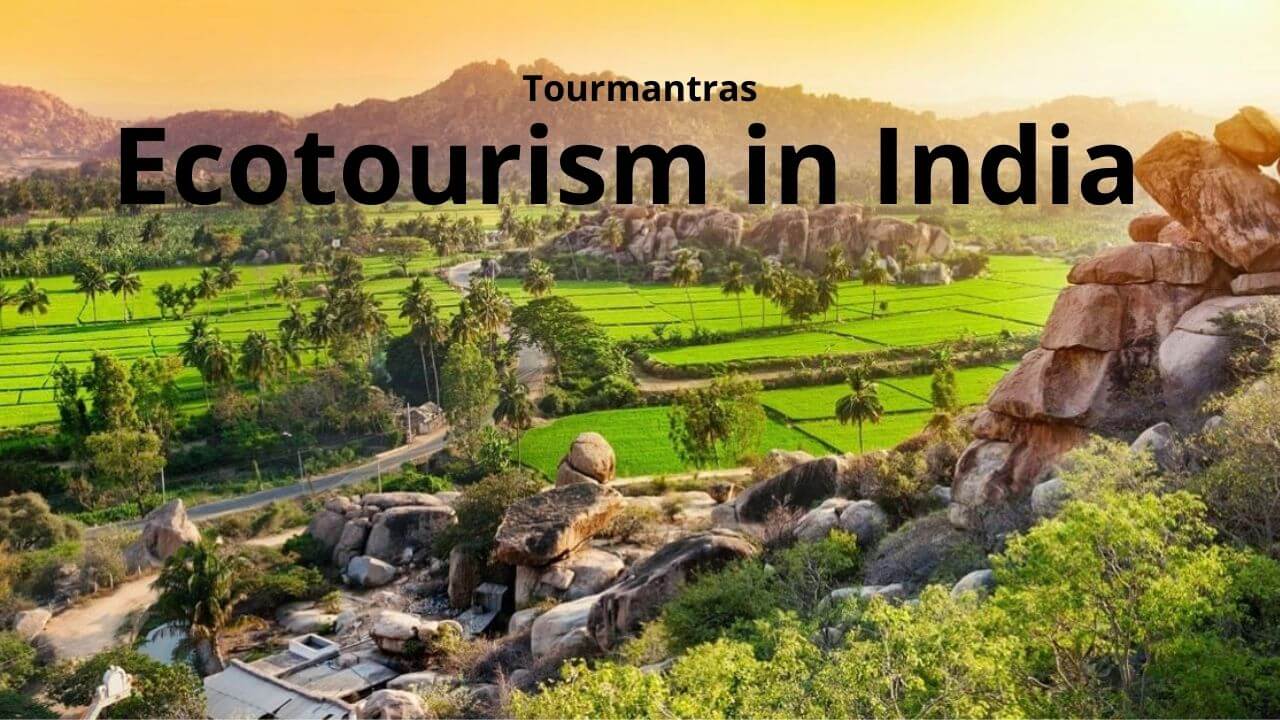Principles of Ecotourism: Ecotourism In

Ecotourism in – Ecotourism, a responsible form of tourism, aims to minimize environmental impact while fostering conservation and promoting cultural understanding. Its core principles guide its practices, ensuring sustainability and the preservation of natural and cultural heritage.
Ecotourism, a harmonious blend of nature and tourism, offers an immersive experience that empowers travelers to explore the natural world while preserving its integrity. In the heart of the Ganges Delta, the sundarban eco tourism beckons, where lush mangroves, vibrant wildlife, and the ethereal beauty of the world’s largest delta await.
By embracing ecotourism, we not only witness the wonders of nature but also become its custodians, ensuring that future generations can continue to marvel at its pristine splendor.
Sustainability is paramount in ecotourism. It involves using resources responsibly, minimizing waste, and supporting local communities. By adopting sustainable practices, ecotourism can protect the environment and ensure its long-term viability for future generations.
Ecotourism, a responsible form of travel, immerses us in the wonders of the natural world. From breathtaking landscapes to diverse ecosystems, ecotourism offers a profound connection with nature. As we explore these pristine environments, we delve into nature tourism , where the focus shifts to the appreciation and preservation of our planet’s biodiversity.
Through ecotourism, we not only experience the beauty of nature but also contribute to its conservation, ensuring that future generations can continue to marvel at its splendor.
Conservation and Protection
Conservation is a fundamental aspect of ecotourism. It focuses on protecting and preserving natural habitats, wildlife, and cultural heritage. Ecotourism initiatives adhere to strict guidelines to avoid disturbing wildlife, damaging ecosystems, or exploiting cultural resources. By promoting conservation, ecotourism raises awareness and encourages responsible behavior among tourists.
- Example:In Costa Rica, ecotourism has played a crucial role in protecting the country’s rainforests and biodiversity. The revenue generated from ecotourism has funded conservation efforts, established national parks, and supported local communities.
Economic and Social Impacts of Ecotourism

Ecotourism has significant economic and social benefits for local communities. By preserving natural and cultural heritage while promoting responsible travel, ecotourism generates income, creates jobs, and fosters cultural exchange.
Economic Benefits
Ecotourism directly contributes to local economies through various channels:
-
-*Tourism revenue
Tourists visiting ecotourism destinations spend money on accommodation, food, transportation, and other services, injecting cash into local businesses.
-*Job creation
Ecotourism creates employment opportunities in tourism-related sectors such as guiding, hospitality, and conservation.
-*Infrastructure development
Ecotourism can stimulate infrastructure improvements, such as roads, trails, and visitor centers, which benefit both tourists and local communities.
Social Impacts, Ecotourism in
Beyond economic benefits, ecotourism also has positive social impacts:
-
-*Job creation
Ecotourism creates jobs that empower local people and provide them with sustainable livelihoods.
-*Cultural exchange
Ecotourism fosters interactions between tourists and local communities, promoting cultural understanding and appreciation.
-*Community development
Ecotourism can contribute to community development by supporting education, healthcare, and other social programs.
Case Studies
-
-*Tortuguero National Park, Costa Rica
Ecotourism has helped protect endangered sea turtles and created jobs for local residents, improving their livelihoods and preserving their traditional culture.
-*Zhangjiajie National Forest Park, China
Ecotourism has boosted the local economy and created jobs, while also protecting the park’s unique karst formations and biodiversity.
-*Galápagos Islands, Ecuador
Ecotourism has generated significant revenue for local communities, supporting conservation efforts and promoting sustainable tourism practices.
Challenges and Opportunities in Ecotourism
Ecotourism, while promising in its potential for sustainable development, faces challenges that can undermine its integrity and long-term benefits. Environmental degradation, overtourism, and inadequate management practices threaten the very ecosystems and communities that ecotourism aims to protect. Yet, amidst these challenges, opportunities emerge for ecotourism to promote responsible practices, foster local empowerment, and drive positive change.
Environmental Degradation
The influx of tourists can strain fragile ecosystems, leading to habitat loss, pollution, and biodiversity decline. Operators must adopt sustainable practices, such as low-impact infrastructure, waste management, and responsible wildlife viewing, to minimize environmental damage.
Overtourism
Uncontrolled tourism can overwhelm local communities and natural areas, leading to overcrowding, congestion, and cultural erosion. Limiting visitor numbers, implementing zoning regulations, and promoting alternative destinations can help distribute tourism benefits more equitably.
Responsible Ecotourism Development
To address these challenges, responsible ecotourism development and management are crucial. Operators should prioritize local participation, cultural sensitivity, and environmental conservation. Certification programs, such as the Global Sustainable Tourism Council (GSTC), provide a framework for responsible practices.
Economic and Social Opportunities
Ecotourism can create economic opportunities for local communities, fostering job creation, entrepreneurship, and sustainable livelihoods. It can also promote cultural preservation, empower indigenous communities, and raise awareness of environmental issues. By involving local stakeholders in decision-making, ecotourism can foster a sense of ownership and shared responsibility for sustainable development.